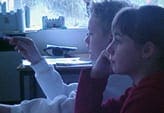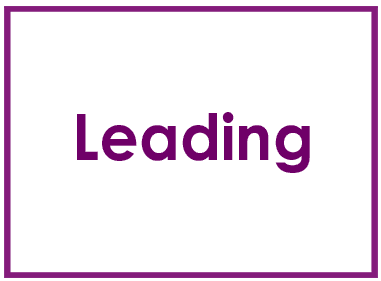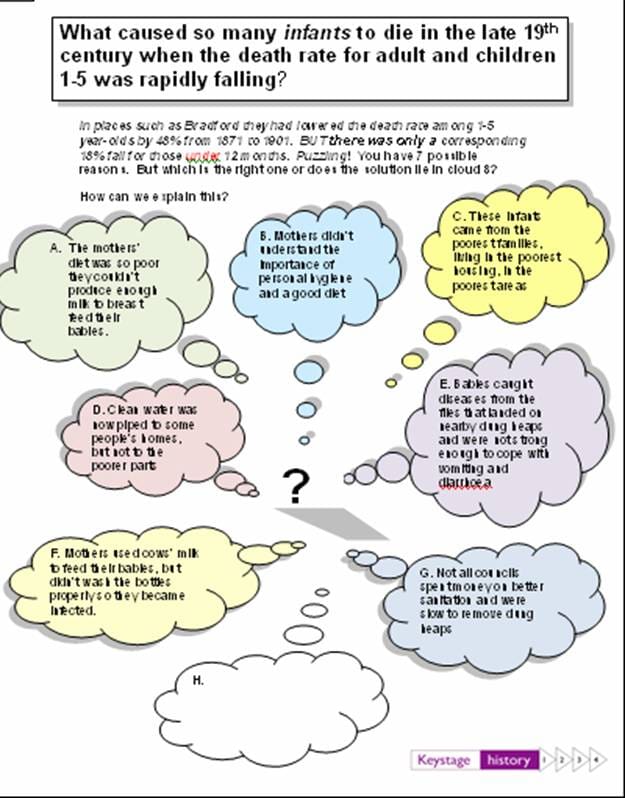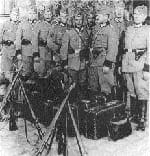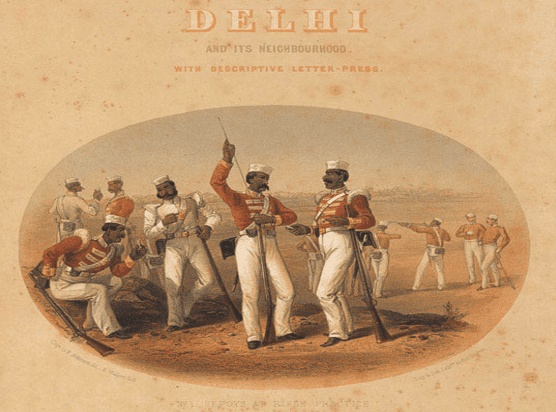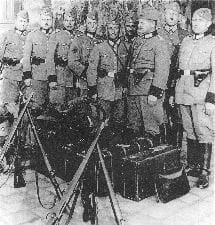
Pupils should learn how to identify and investigate, individually and as part of a team, specific historical questions or issues, making and testing hypotheses and reflecting critically on historical questions or issues. This includes structured enquiries into different kinds of historical questions and issues.
Pupils should begin to devise and refine their own questions to structure an investigation, developing their own hypotheses and selecting and deploying evidence to reach and justify their own conclusions. Pupils can either use their acquired knowledge and understanding to suggest hypotheses, or can suggest hypotheses at the start of the topic based on their own assumptions and values, which they then test against the evidence.
Much of this is already familiar but I believe that there is now greater emphasis on asking questions and on researching collaboratively. To help plan your enquiries I have created three separate files.

